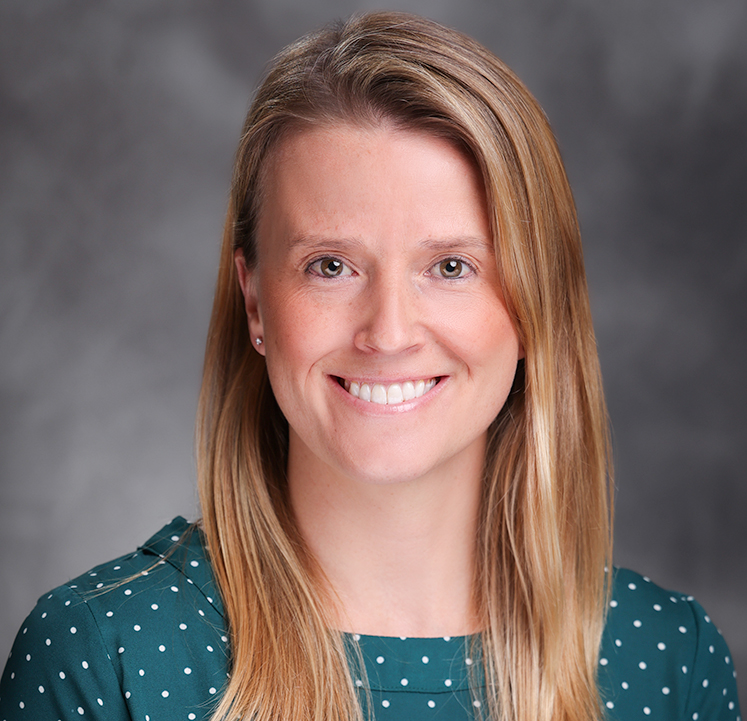Small Business: Musculoskeletal and Rehabilitation Sciences – MSOS (11)

MSOS (11) reviews small business applications that focus on technologies for diagnosis and monitoring of orthopedic disabilities, disorders, and injuries and the use of rehabilitation strategies, assistive technologies, implant devices, reconstruction techniques, or tissue engineering and bioengineering approaches to restore function.
Review Dates
Topics
- Rehabilitation strategies related to musculoskeletal disabilities and disorders including amputees, stroke survivors, spinal cord injury, Parkinson’s disease, cerebral palsy, traumatic brain injury, muscular dystrophies, cachexia, etc.
- Rehabilitation strategies related to impaired musculoskeletal function including carpal tunnel syndrome, back pain, repetitive stress injury, joint reconstruction, and sports injury.
- Application of technologies for monitoring external body movement, gait analysis, fall prevention, and recovery from physical disabilities.
- Development of orthopedic surgical and imaging techniques, implant devices, bone and joint reconstruction techniques.
- Assistive technologies including robotics, exoskeletons, orthotics and prosthetics to restore limb function.
- Tissue-engineering and bioengineering aspects of orthopedic research; physiological and pathophysiological aspects of bone, tendon, and ligament and their repair or replacement; treatment modalities for bone diseases, such as osteoporosis, osteomyelitis, bone fracture, and osteopenia.
Shared Interests and Overlaps
There are shared interests between Small Business: Musculoskeletal, Skin, and Oral Sciences – MSOS (10) in the areas of musculoskeletal health. Applications that involve treatment strategies for bone disorders, including rehabilitation strategies, orthopedic procedures, implants, assistive technologies, prosthetic devices, and biomaterials and tissue engineering approaches are reviewed in MSOS (11). Applications that involve drug delivery, biomaterials and tissue engineering for treatment of skeletal muscle disorders, cartilage degeneration, and osteoarthritis are reviewed in MSOS (10).
There are shared interests between Small Business: Biobehavioral Processes – BP (10) and MSOS (11) in the areas of rehabilitation and human physical health. Applications involving treatment strategies for musculoskeletal disorders, including rehabilitation strategies, orthopedic procedures, implants, assistive technologies, and prosthetic devices are reviewed in MSOS (11). Applications that involve rehabilitation or assistive technologies to influence human health behavior or risk are reviewed in BP (10).
There are shared interests between Small Business: Clinical Care and Health Interventions – CCHI (10) and MSOS (11) in the areas of rehabilitation and human physical health. Applications involving treatment strategies for musculoskeletal disorders, including rehabilitation strategies, orthopedic procedures, implants, assistive technologies, and prosthetic devices are reviewed in MSOS (11). Applications related to physical functioning from the perspective of devices for personal medical use and measurement are reviewed in CCHI (10).
There are shared interests between Small Business: Health Services and Systems – HSS (10) and MSOS (11) in the areas of musculoskeletal health. Applications that involve treatment strategies for musculoskeletal disorders, including rehabilitation strategies, orthopedic procedures, implants, assistive technologies, and prosthetic devices are reviewed in MSOS (11). Applications that relate to utilizing the technology to improve the provision of health services and delivery by care providers and in clinical settings are reviewed in HSS (10).
There are shared interests with the Neurotechnology and Vision (NV) Review Branch small business SEPs in the areas of device development, biosensors, prosthetic devices and stroke treatment. Applications that focus on prosthetics for restoring limb function and the rehabilitation strategies and technologies related to post-stroke musculoskeletal disabilities are reviewed in MSOS (11). Applications focusing in the areas of neuroprosthetics, detection and treatment of stroke patients, mobility aids, device development, sensors for detection, wheelchair and assistive devices with robotic interventions are reviewed in an appropriate NV small business SEP.
There are shared interests with Imaging, Surgery, and Bioengineering (ISB) Review Branch small business SEPs in the areas of imaging, device and software development. Applications focusing on the design and development of imaging systems, software or devices for surgical procedures are reviewed in an appropriate ISB small business SEP. Applications that focus on using such technologies for diagnosis and treatment of musculoskeletal disorders are reviewed in MSOS (11).
There are shared interests with Molecular and Cellular Sciences and Technologies (MCST) Review Branch small business SEPs in the areas of computational modeling, diagnostic assays and image processing methods. Applications focusing on the development of software, image processing methods, and general diagnostic assays are reviewed in an appropriate MCST small business SEP. Applications that focus on using such software and assays for diagnosis of musculoskeletal disorders are reviewed in MSOS (11).

